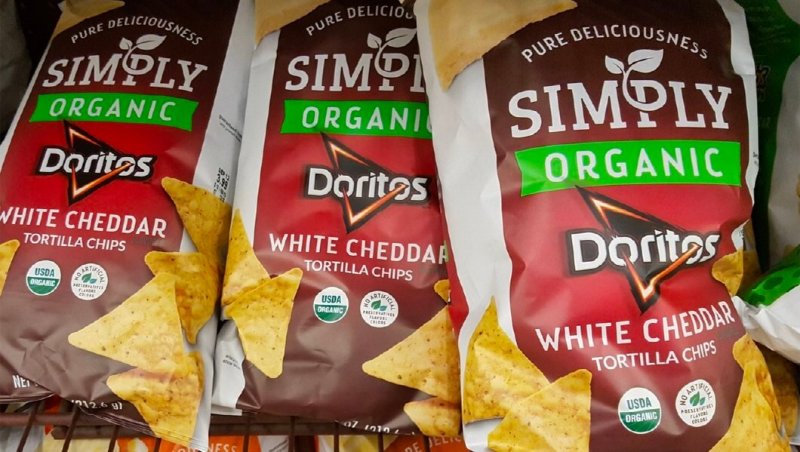Organic food and organic farming have a really strong association with being “better.” But not everyone means the same thing when they say/infer/imply “better.”
Organic food is something economists call a credence good. There is no immediate or obvious way for a consumer to know if what they are buying is actually organic, completely conventionally grown, or something in the middle. The price premium for organic food that consumers pay is based on their belief that the item has been produced according to some standard labeled as “organic,” and is therefore worth more.
There is no practical way for a consumer to test the characteristic of a banana or an apple to see if it was in fact produced organically or not. The value of these goods is based on their credibility, or the credence of the consumer in their value.
…
Organic farming generates that warm glow of buying something at a premium to do something for the planet. However, the preponderance of evidence is that there is no appreciable benefit to doing so. Conventional food, by all scientific measures, is better than organic.
Read full, original article: Organic or Conventional Food?































